New president of Iran faces many challenges
Think of a massive hemorrhage. The Iranian economy has bled out more than once. With the triple-shock of sanctions, oil market collapse and Coronavirus (COVID-19) to its system, it is in its third consecutive year of recession. Add water shortages to the mix and you’ll get the overall picture.
The country is still standing, however, as with every challenge comes an opportunity. The new government will be facing a flood of challenges, both foreign and domestic.
The country’s first stroke—apparently minor, but ground-setting—came towards the end of the Ahmadinejad era, when people saw their money devalued almost overnight in a double-blow.
As for sanctions, the country has been vaccinated against it with lighter doses over 40 years and more. So it is both prepared to take what is thrown at it and is also exhausted by constant blows.
Which challenge should Principalist President Raeisi first take by the horns and what untapped opportunities can he utilize?
You see, it’s a matter of modernizing and rebuilding, the economy that is, pushing the economy toward competitiveness.
Whatever activity is being undertaken in the country must be done with the benefits and national interests in mind. We need to determine the layout and find out what can be done in which areas and how we can earn our revenue.
The same goes for political issues.
I’ve heard that Mr. Raeisi says he’s willing to form a supra-factional cabinet. This is laudable, as he’s committing himself to use national capabilities.
Hossein Kamali, Secretary General, Islamic Labour Party
The full half of the cup
Mr Sorkhou, an analyst with reformist leanings and a construction engineer, tells us what he’d like to see done to jumpstart the economy. In his opinion, the critical sector is housing.
Constructing houses and buildings will activate some 150 other manufacturing industries.
They should change their focus from building new houses in the suburbs and deserts, something I noticed in Mr. Raeisi’s plan, which is a good one that was also an objective of the outgoing government but wasn't implemented due to a shortage of resources.
They can instead focus their attention on using metropolitan areas with worn-out buildings. They’re potentially suitable construction sites, as they already have all infrastructures, including access, water, power, and gas.
Mohsen Sorkhou, Political Analyst
Given the array of problems, each branching out into more than one and finally automatically interconnecting as a web, let’s go through the challenges and prospective opportunities.
Winning card for Rouhani Government
The winning card for the Rouhani Government was the JCPOA or nuclear deal of 2015, which limited Iran’s nuclear programme in return for sanctions relief and extensive foreign investment.
The Rouhani Administration’s grand plan could have rescued the economy had he not put too much trust into the west or all his eggs in one basket according to principalists.
Binned on a whim
Former US President, Donald Trump, just binned the deal on a whim in 2018 and then added to pre existing sanctions that were already in place.
Add domestic corruption to the mix and you find Iran where it is today. But the blame should not be solely placed with the president.
He is an executor of policies decided by the system as a whole.
Sanctions, un-backed money, inflation
Inflation, which is always a big problem, became further inflated in this order: sanctions stripped Iran of the bulk of its oil export revenues so it printed un-backed money.
This unleashed liquidity in the market caused the local currency, the rial, to drop further in value, thereby exacerbating inflation.
The rial depreciated 8-fold in 3 years and now stands at around 250,000 rials to a dollar. And Iran’s inflation rate reached around 50 percent in March-April 2021, its highest level in three years.
When there’s no supply of goods, in other words, when there’s no jump in production, liquidity would naturally lead to rising inflation.
On the other hand, you can’t refuse to increase people’s salaries, as what they're being paid is the bare minimum to make ends meet.
So what’s the basic solution so the liquidity won’t cause inflation?
That’s increasing domestic production and reforming monetary, banking, and financial policies to benefit the producers.
Mohsen Sorkhou, Political Analyst
The average rate of inflation in the last 12 months compared to its equivalent previous period reached 38.9 percent.
The point-to-point inflation rate for essential commodities such as “food, drinks and tobacco” reached 63 percent while non-food goods and services increased by 43 percent…
It’s only natural to expect that Mr. Raeisi’s most pressing challenge would be controlling, or to put it in better words, managing the liquidity.
It’s a grave risk to Iran’s economy. But I believe we can turn it into an opportunity with some insight.
We should make the country attractive for domestic or foreign investors, and eliminate the middlemen and prevent the huge force which is destroying everything in its path and causing the collapse of the economy.
I think the country has great attractions that could navigate the liquidity to boost the economy.
Parviz Sorouri, Coalition Council of Islamic Revolution Forces
With the Rouhani administration, foreign policy would have been a guiding light to the economy.
President Raeisi is also keen on reviving the JCPOA, the Joint Comprehensive Plan of Action, with the 6 world powers. But his approach and foreign policy outlook have been quite different.
While Rouhani looked to the West, Raeisi is focused on neighbors as well as “Russia and China relations”.
But how he times his moves, and how situational and under control he keeps them, is of great importance.
Wouldn’t this be a good time to reinforce ties with Russia and China considering how things have gone in Syria and with the Sputnik vaccine production line in Iran?
In my opinion, there hasn’t been a serious synergy between our foreign policy, our diplomacy, and our internal politics.
The government didn’t act as a link between them.
That’s why we’re acting like we're independent islands in terms of our domestic and foreign policy. This would result in our missing great opportunities.
Parviz Sorouri, Coalition Council of Islamic Revolution Forces
President Raisi believes the priority should be resolving issues with Iran’s neighbors, which can also serve as a lever to pressure the US regarding the nuclear deal, before moving on to international issues.
Foreign policy in Iran is decided by consensus among key security and foreign policy institutions and is then, ultimately, approved by the Leader, Ayatollah Khamenei.
The leader has already indicated that he's in favor of reviving the nuclear deal, having given the go-ahead years ago despite deep seated distrust for the US.
Raeisi did stress the national line in his first news conference since the election, saying he would not enter upon negotiations regarding Iran's ballistic missile program nor its support of regional resistance groups.
It is now to be seen who the newly elected president picks for Cabinet posts, especially, his choice for Foreign Minister.
Even if there was no JCPOA, our wrong policies would lead us to this situation.
The JCPOA is a political agreement that could be a prelude to coordination and constructive issues and put a stop to some of the harassment and obstacles the West had imposed against Iran.
Of course, since they have problems with us due to cultural differences and the way they look at us, even if the JCPOA is restored and implemented, a fraction of the sanctions might be lifted, but the others, imposed for human rights and missile defense programs, would stay in place.
Hossein Kamali, Secretary General, Islamic Labour Party
It’s not just foreign policy that is affecting relations. The pandemic has also taken a bite out of the country’s economic balance and relations.
How might COVID-19 be handled henceforth as it surges through a fifth and sixth wave?
We have to accept the coronavirus pandemic as a reality and plan the economy accordingly.
In that regard, I think the pandemic has created an opportunity for us, although it has also led to catastrophes.
We’re a country that was, and still is, somewhat reluctant to automate tasks. But the pandemic has changed our perception and we now believe that traditional approaches can’t respond to the changing times.
I think we’ve made great progress in “smartization” in the past few years.
Parviz Sorouri, Coalition Council of Islamic Revolution Forces
In November 2020 stricter health containment measures were introduced after Iran registered over 1 million COVID-19 cases and the death toll climbed to just under 50,000 deaths.
The measures have been reintroduced with each wave of the pandemic but haven’t, on balance, been consistently maintained.
Constraints are a necessary vice, as the economic shock of the corona pandemic has pushed many households into poverty. To soften the shock, authorities assigned new rounds of cash transfers and consumption loans for lower income deciles and households without a permanent source of income.
Social assistance and COVID-19 healthcare will continue to add to government expenditure growth.
Ebrahim Raeisi came forth with quite a few economic slogans for his presidential campaign. How realistic and readily achievable they are is yet to be seen.
Because we’re a developing country, there’s a lot of ground to cover.
We can do so much work that if a day was 100 hours long, instead of 24 hours, we’d still be running short of time.
I’m exaggerating, of course, but there’s a lot of work to be done and many facilities to do it with, from manpower to material issues, which are now being left unused.
Hossein Kamali, Secretary General, Islamic Labour Party
The problem arose when the GDP, Gross Domestic Product, growth rate dropped to 6 percent in 2018 and 6.8 percent in 2019.
This is while the inflation rate increased to 30.22 percent and 34.6 percent in 2018 and 2019, respectively.
Much of the decrease in GDP was associated with the huge drop in oil exports which fell from over $62.5 billion in 2018 to $29 billion in 2020.
In 2020, while the economy struggled with a high inflation rate of 36.5 percent, amidst the coronavirus pandemic and ongoing US sanctions, the GDP started to “recover”. It grew by 1.5 percent after two years.
However, given the ongoing political and economic challenges, the newly elected president will face difficulties in the economy and labor market, not to mention mismanagement and corruption.
Who owns what? Isn’t everything all registered? Where do they publish this? Who has received loans?
Some people receive money from banks and their names become classified. Who isn’t willing to pay their debts? Who isn’t paying taxes?
All this means abetting the violators and a lack of transparency.
If we’re to act transparently, we need to continue all our activities within a glass room so everyone can monitor the officials and be able to assess their performance.
Hossein Kamali, Secretary General, Islamic Labour Party
Mr Raissi delivered his first campaign speech on May 27, his promises were summarized in “good governance to revive the Iranian economy.”
He vowed to give low-interest loans to poor households in the lower half of income distribution; to increase government subsidies for health care and decrease the share of households in medical and health expenditures from 43 percent to 20 percent; to construct four million houses; to create four million jobs, giving low-income people and graduates with tertiary degrees priority; and to decrease rent from 50 percent to 30 percent.
How realistic are these promises?
I think the incoming government’s policies toward building new houses are correct.
The target of building one million housing units annually can potentially pull the brakes on the unbridled rise in the price and create a balance between supply and demand, ending this unimaginable situation for the housing sector.
Parviz Sorouri, Coalition Council of Islamic Revolution Forces
Iran’s political scene is pretty uniform now with principalists dominating all three powers.
Principalists basically claim it’ll make it easier for them to take consistent comprehensive economic decisions for economic reforms, without in-house fighting getting in the way.
To get things done when all three branches of the government think similarly isn’t an impressive feat.
If a manager has access to a thousand suggestions and can choose one among the many, he’s done an impressive job. The more suggestions and ideas are at the manager’s disposal, the better the decision would turn out.
When we talk about the advantages of coordination, we’re talking about the implementation of the plans. They should make the decision and then coordinate the efforts to implement it and move forward.
Hossein Kamali, Secretary General, Islamic Labour Party
Privatization, to eliminate reinterring and hoarding resources, to cause competition and create jobs, was slated as a one pill solution to Iran’s woes.
But it is not wise to fully privatize some resources nor is it easy to control who gets to win contracts.
According to the constitution, the economic units and enterprises owned by the government should be transferred to non-governmental sectors.
But this transfer also needs some consideration.
The first and most important consideration is the competence of the people to whom these units will be assigned. Those who already work in the unit have the best skills to run them.
Because they are the ones whose livelihoods are tied to the growth and development of the production unit, and if they can get hold of the units in the form of cooperatives and others, that could be the best-case scenario.
Mohsen Sorkhou, Political Analyst
The US sanctions resulted in lower oil export revenues, to compensate for which, the government printed money without backing. It also attempted to sell its shares in large Iranian enterprises; to privatize them, that is.
But most of the shares sold on the capital markets tend to end up in the hands of semi-state entities. And many shares crashed anyway. This is while the budget law for the fiscal year that started on March 21, 2019 had foreseen the generation of revenue amounting to $2.5 billion through privatization.
Privatization has been on the agenda since the early 1990s, but Article 44 of the mid 2000s stipulates all major industries be dominated by the government.
As such, in 2004 major figures, including the Leader, agreed on how to withdraw the government from major economic activities.
And the new interpretation of Article 44 defined the government’s dominance through control over all regulatory entities, as well as a minimum 20% share for the government in all privatized entities.
We’ve adopted the wrong methods in the economy. If all wealth and riches of the world are poured inside Iran, the current economic formula would waste all that away. Money being lost, embezzlement, and fraud are separate issues. But the current economic formula would destroy all that wealth.
Hossein Kamali, Secretary General, Islamic Labour Party
Select industries remain under government monopoly, for example, upstream oil and gas and tobacco, as well as all regulatory entities such as the Central Bank of Iran, Central Insurance, the Civil Aviation Organization and Data Services Company of Iran.
Also select banks, such as Bank Melli, are exempt from privatization.
All things considered, it seems reducing the size of the executive branch to facilitate greater infrastructure investments and higher government efficiency, can’t have succeeded seeing as the share of government companies in the overall state budget has grown from below 60% in 2005 to about 75% in the current year.
One forecast predicts one of two scenarios may play out.
In the first scenario, the current privatization plans will be impossible to achieve, which would lead to a greater budget deficit, in itself causing further inflationary pressures on the economy.
In the second scenario, to achieve its own financial objectives, the government will have to transfer more of its assets to the semi-state sector, which will change the overall balance or partial balance between the key networks of power in the country.
Presidential promises
Regarding presidential promises, President Raeisi has said that to reduce the prices of essential goods in the domestic market, reliance on foreign currency resources must be minimized through achieving self-sufficiency in the production of essential goods.
He has also vowed to build 4 million housing units in the next four years. He has urged for a participatory policy in implementing his plans.
A leap in domestic production takes place when there’s strong support, both qualitatively and quantitatively for the producers. Let me give you a couple of examples.
There’s a specific need in the country for home appliances, which can be addressed either by importing goods or building them inside the country.
If domestic production isn’t responsible for the need, people would have to turn to foreign products, even if they’re of lower quality.
On the other hand, if the domestic product doesn’t have any competition, like the car industry, the companies no longer feel the need to improve the quality of their products.
Mohsen Sorkhou, Political Analyst
Investment priorities in the new government will matter very much for reforming the situation the country finds itself in, and earning credibility for President Raisi and the governing system.
Principalists have long criticized their moderate rivals, for their failure in growing the economy and improving living standards and livelihood. And President Raisi will have to deliver on his promise of improvement.
There’s been a lot of issues that have destroyed people’s trust. The public has lost its trust. The government is facing problems in that regard.
Suppose you want to rebuild social trust, but whatever the officials say people regard it with skepticism. This is the worst situation any government can face.
Consider the developments in Khuzestan Province. We’re not making use of logical conversation to resolve the issue. We’re not assessing what the protesters are saying, or consider talking to them. We don’t tolerate their aggressiveness.
A protester isn’t necessarily saying the right thing, but he has the right to say it regardless.
Hossein Kamali, Secretary General, Islamic Labour Party
To sum up with a look at foreign policy, the new president has no intention of giving up on the JCPOA, as the deal will result in the lifting of sanctions and some relief to the economy.
But his greater confidence will remain in ties with the likes of China and Russia, who are also touched by direct US sanctions and are good investor prospects in Iran, provided domestic corruption and misuse of contracts is controlled.
President Raisi will avoid further confrontation with the GCC as he believes the oil-rich Persian Gulf states could be essential for Iran’s re-entry into international trade and financial systems.
Iran Armed Forces warn US of severe consequences for any aggression
VIDEO | Iran, US move ‘closer to agreement’ after ‘serious, longest’ round of talks: FM
Israeli army chief privately warns of cost of new war with Iran: Report
IRGC official: US buildup, psychological tactics aim to 'swallow Iran again'
Iran’s three-man team captures triple gold at UWW ranking series in Tirana
Iranian academic sentenced to 4 years in prison in France for supporting Palestine
VIDEO | Press TV's news headlines
Russia: West seeks to repeat past ‘plunder’ of Iran’s oil


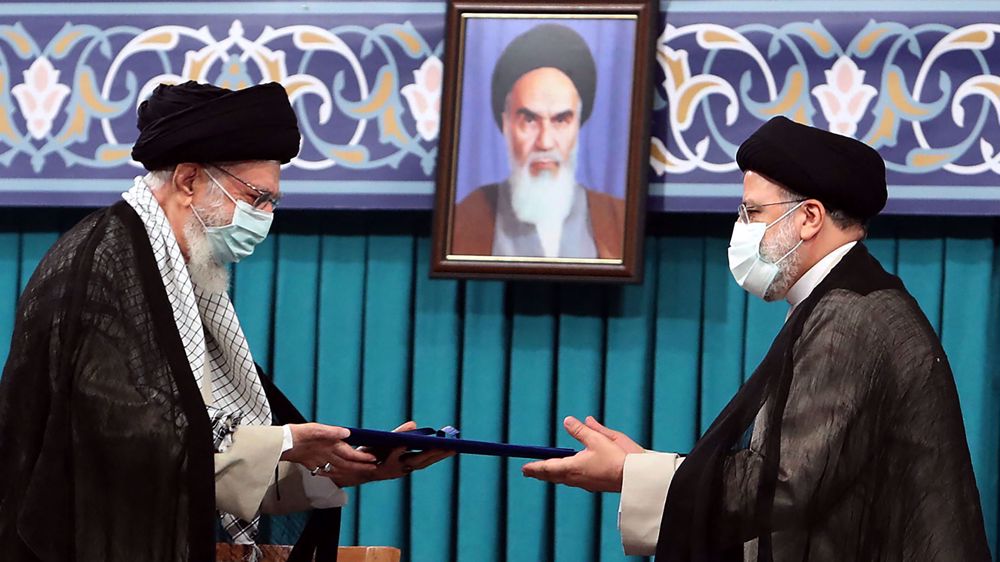
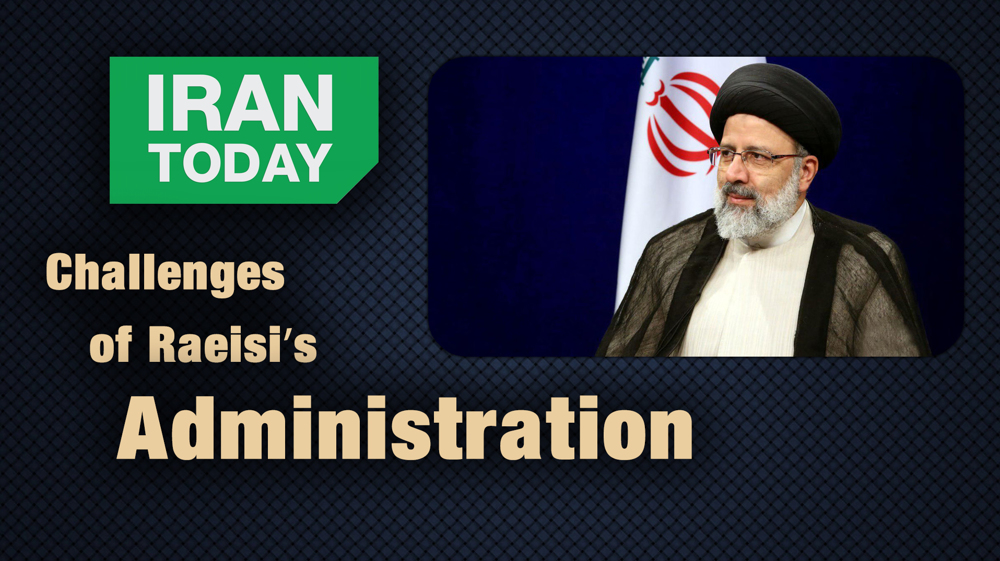
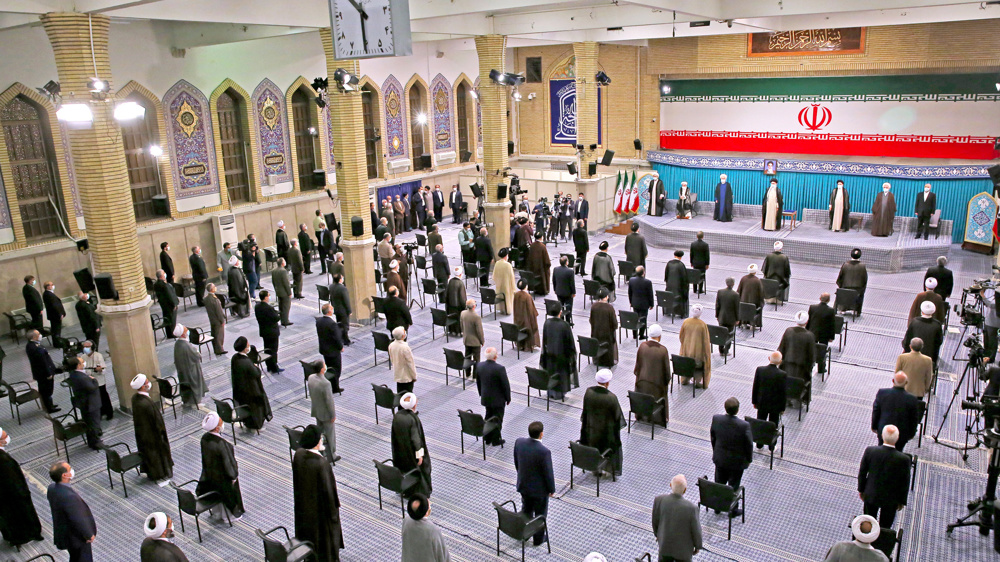
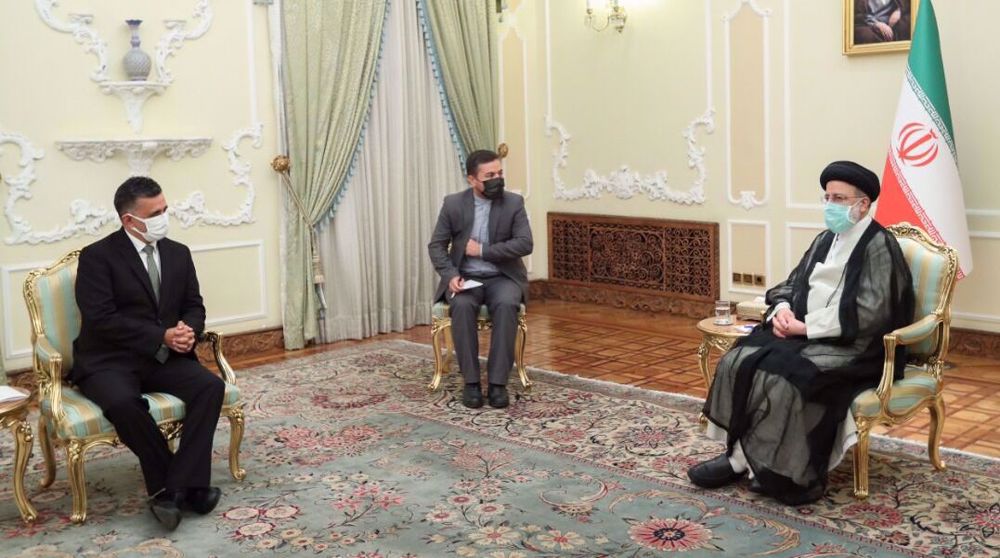
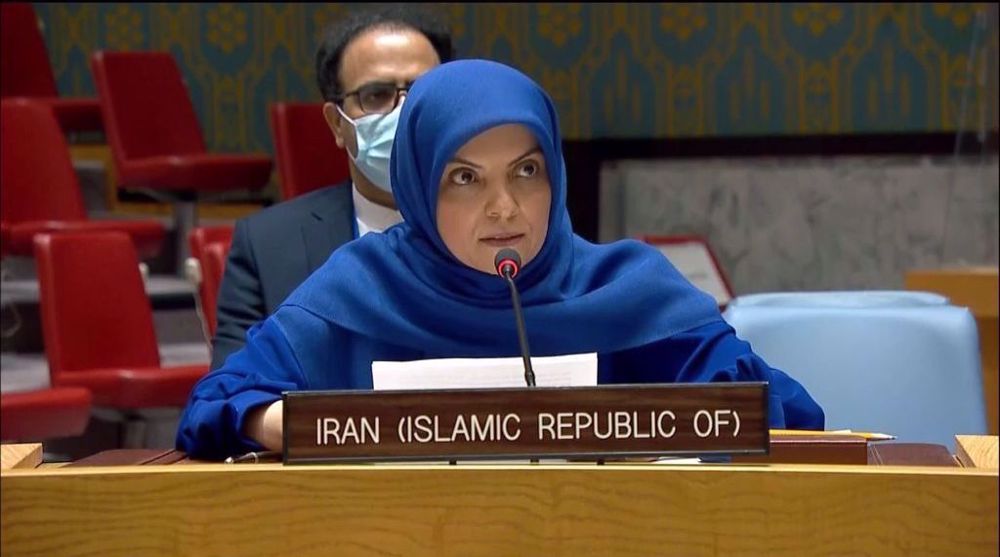
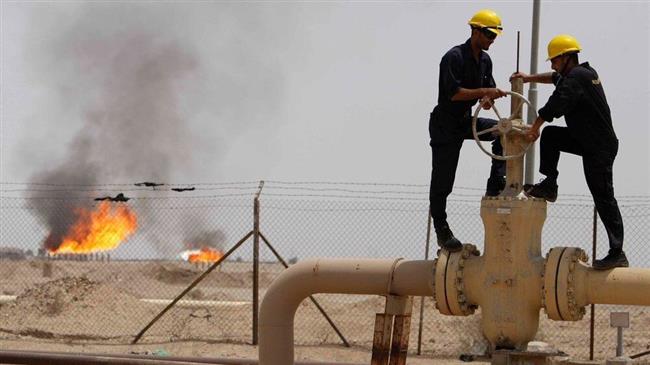
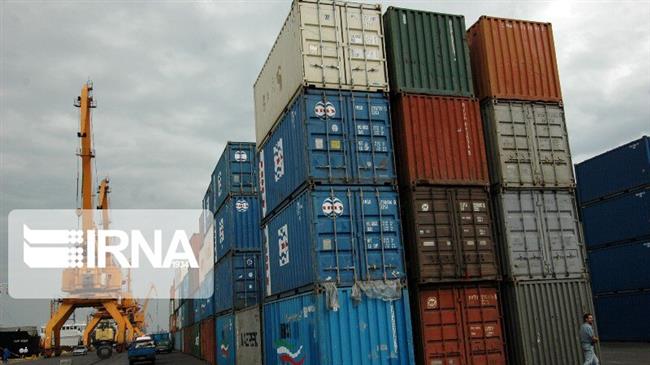
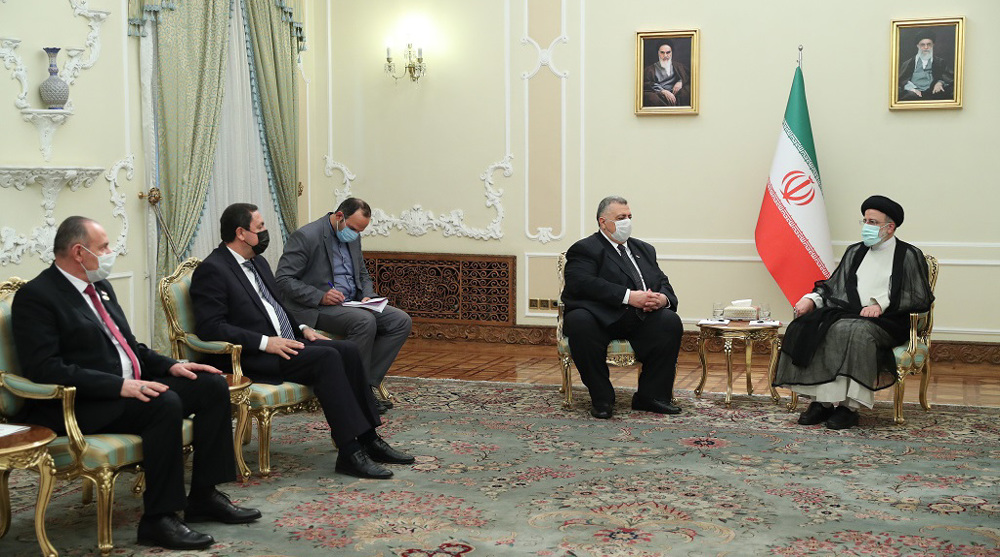
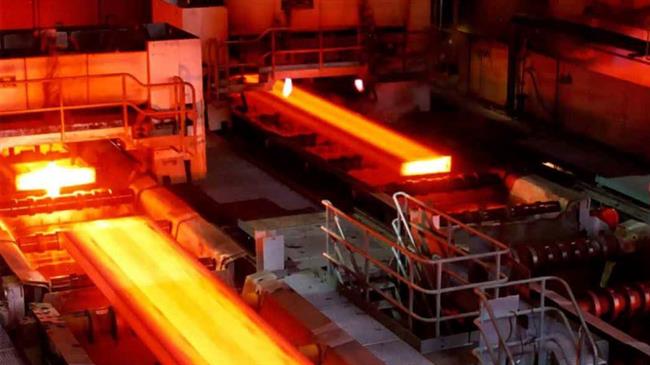
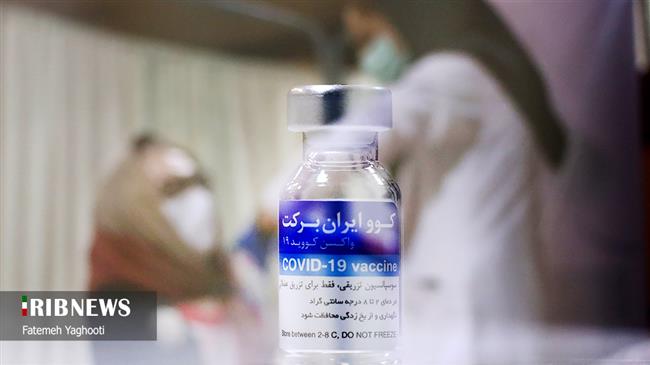
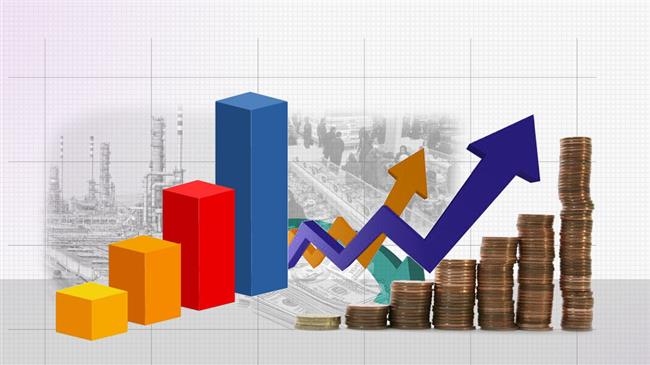
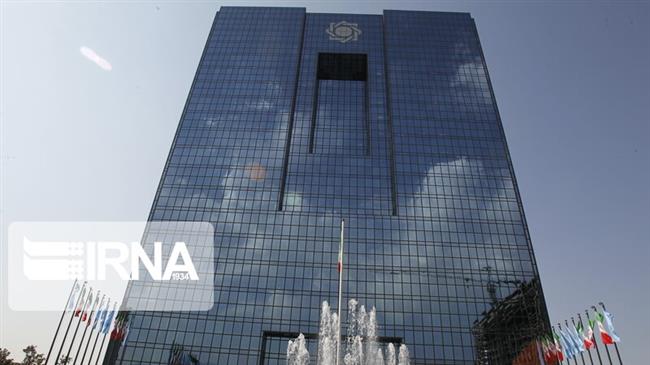
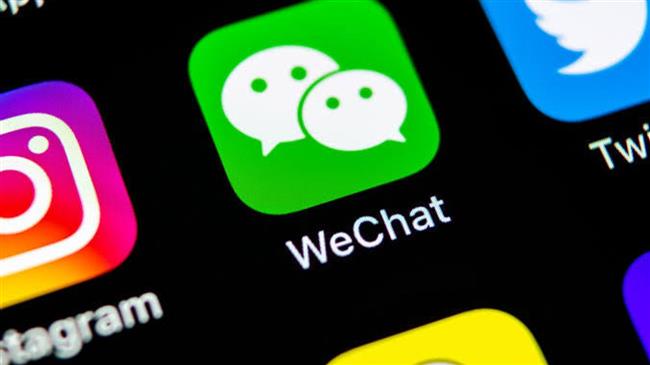
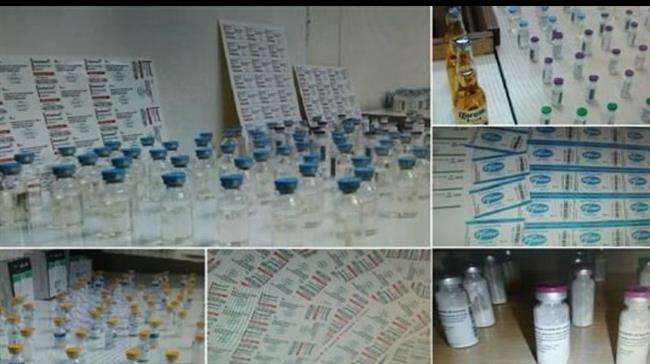
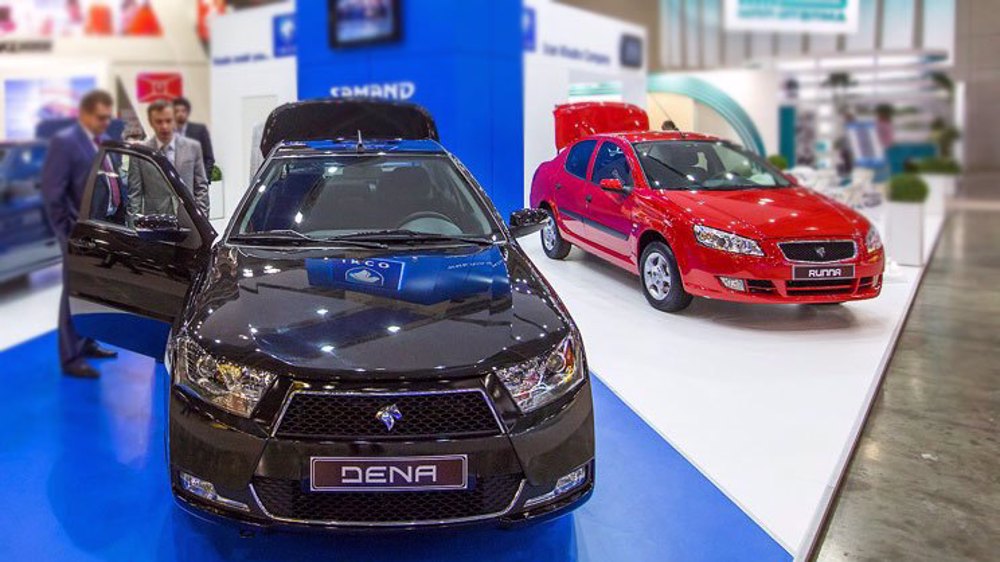
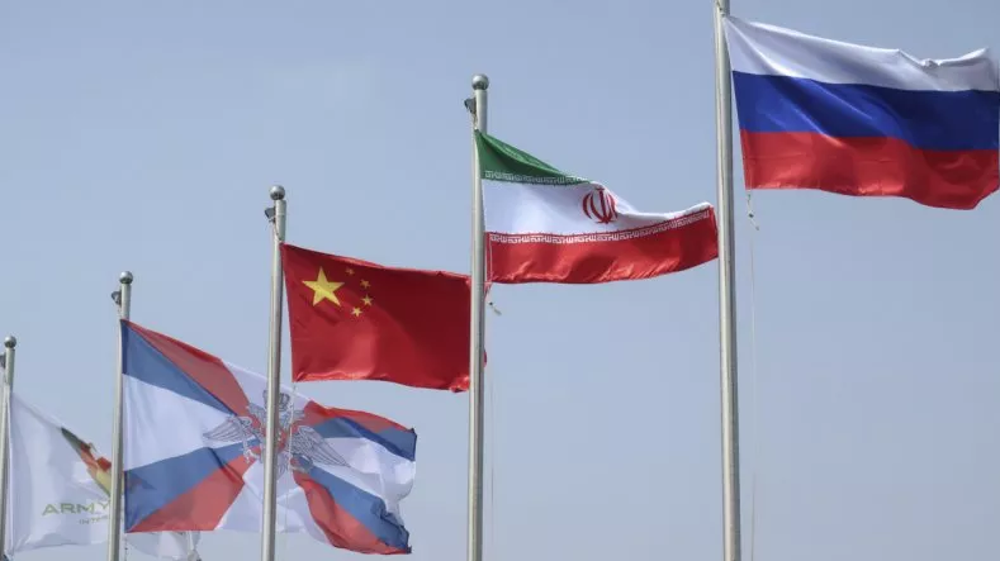
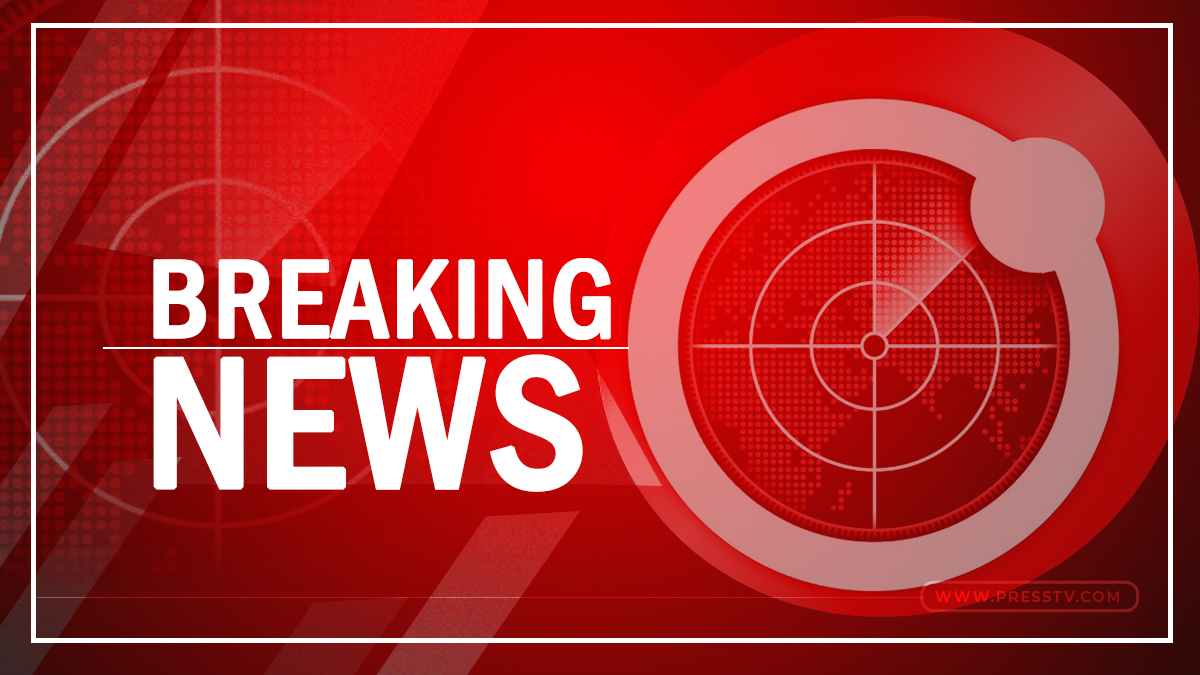
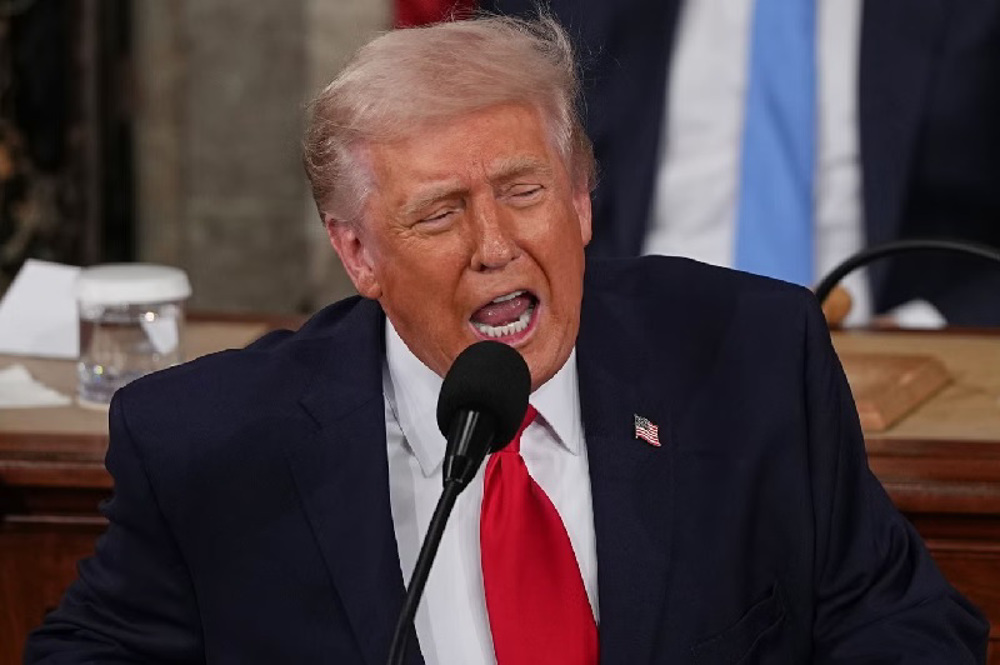
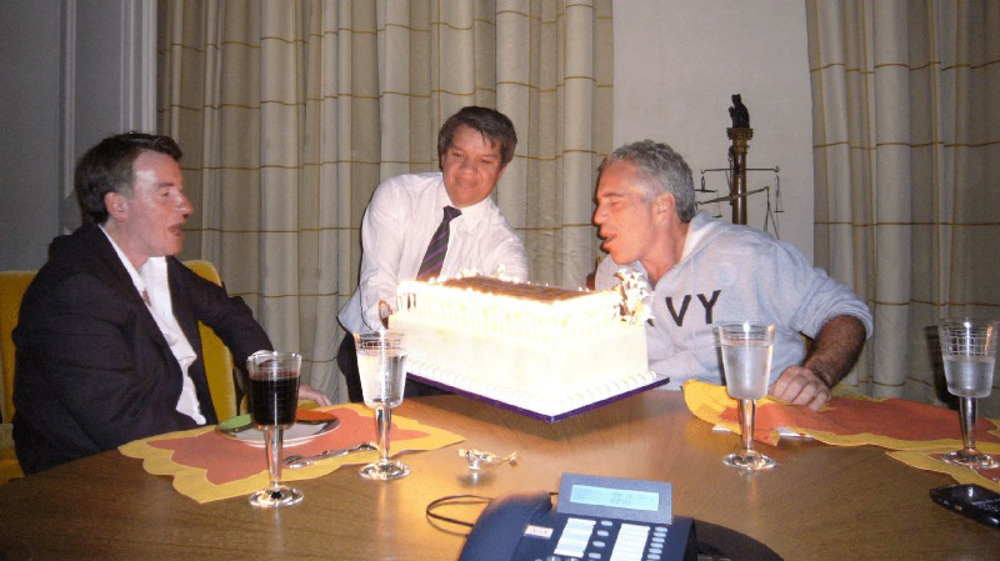
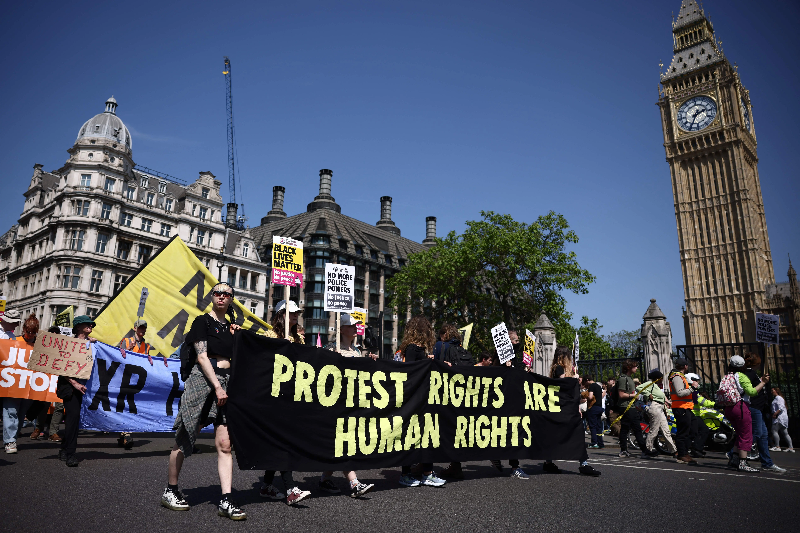



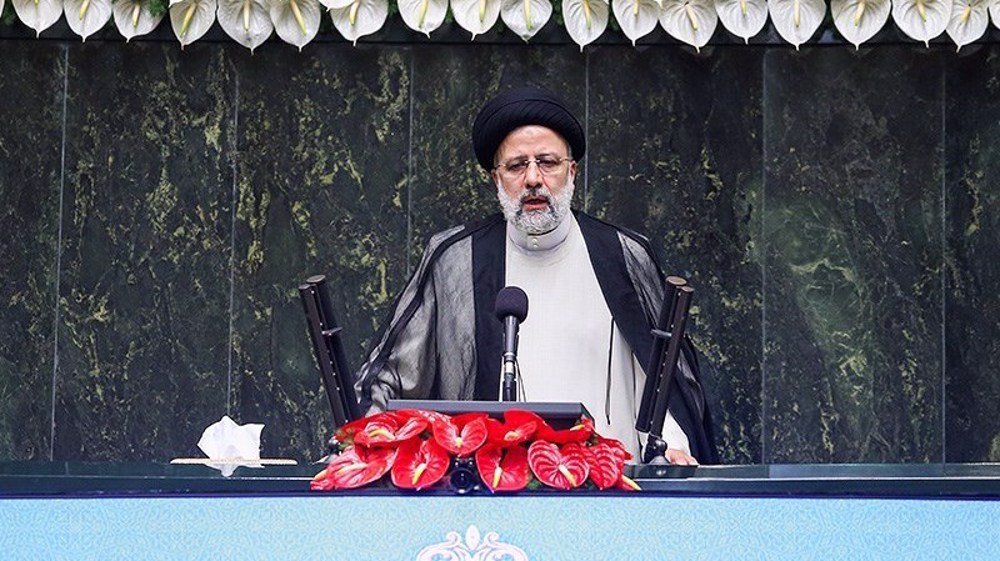
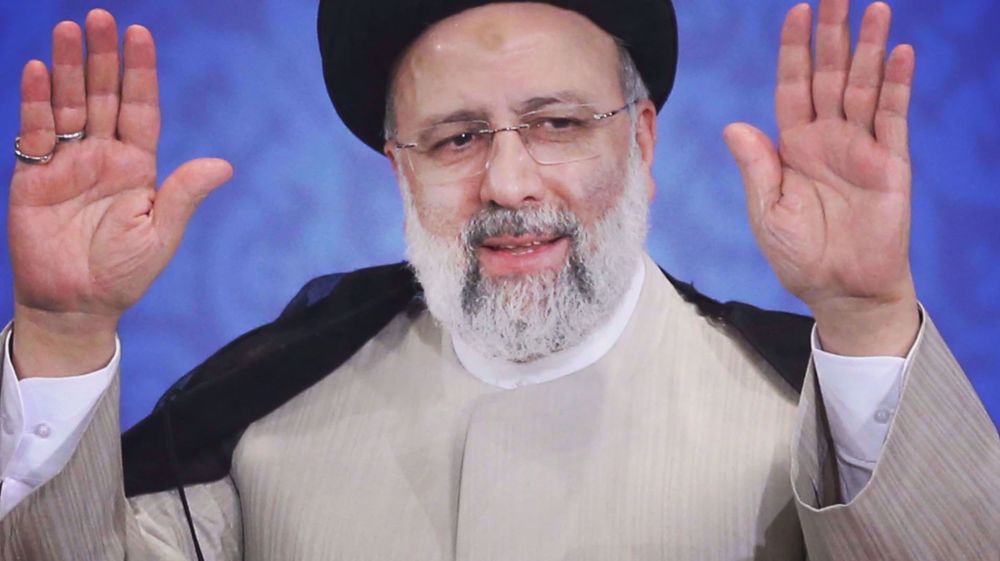
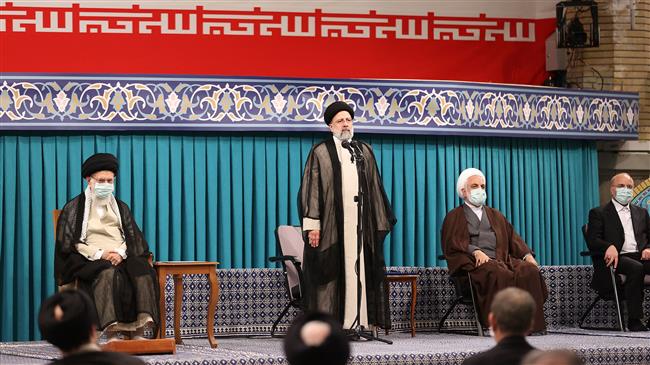
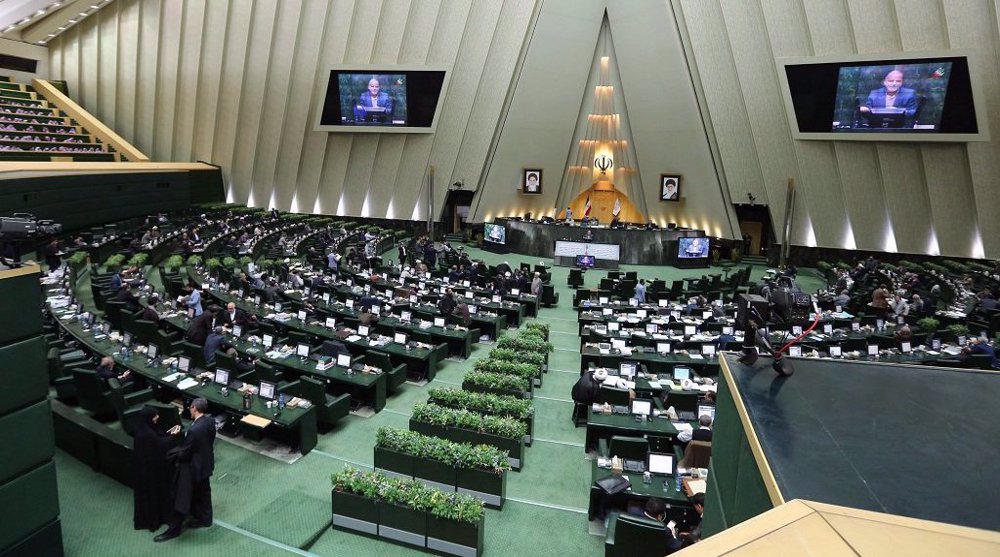
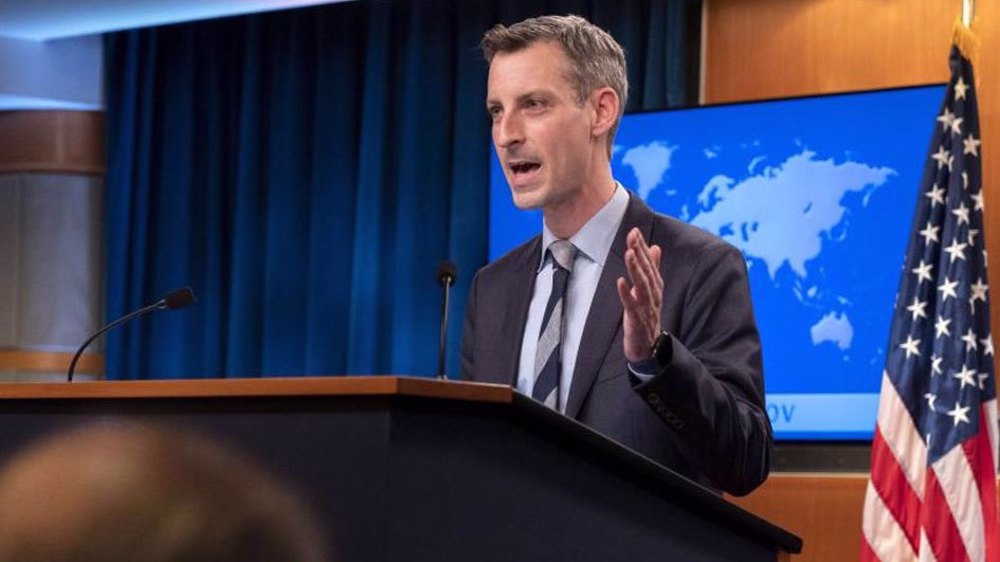

 This makes it easy to access the Press TV website
This makes it easy to access the Press TV website